At OpenCraft, we work daily with top-tier universities. This probably isn’t all that surprising given that we specialize in developing and maintaining custom instances of Open edX, which is an open source course management platform that hosts Massive Open Online Courses (MOOCs) and online learning.
A massive number of institutions worldwide are members of edX.org, with more than 50 who are charter members. And they’re not just using the platform to power MOOCs, the original use case for Open edX. Today, they’re using Open edX to complement residential programs and offer blended learning experiences, especially in the face of the COVID-19 outbreak, because the platform's streamlined authoring experience allows instructors to easily shift to online courses and get them up and running quickly.
So, why are so many turning to the open source Open edX platform and, consequently, OpenCraft? After all, when it comes to learning management systems (LMS), Open edX is far from the only game in town, and prestigious institutions certainly have the budget to purchase proprietary software.
Expanded uses of Open edX at academic institutions
Universities have a dual humanitarian mission of providing high quality instruction and increasing our collective understanding of the world through research, but they still operate in a competitive environment. These institutions are constantly vying against each other for prestige, research funds and talented students. So, just as processes and business models evolve in the corporate world in response to competitive pressure, curriculum and research are constantly evolving at top-tier universities. This is especially critical in the wake of COVID-19, as higher ed institutions are now determining how they’ll continue instruction for the rest of 2020 and into 2021 — online learning will continue to play a key role.
Universities often need to expand, adapt and customize their LMS platform to meet their goals for learning innovation and research projects. Open edX is ideal for this purpose. It’s an open source, massively scalable platform that’s supported by an enthusiastic global community. And though its original use case, of course, was to power MOOCs, the platform has evolved into a powerful, flexible LMS.
For example, here’s some customizations we have done for our university clients:
- New types of assessments: Requires the creation of new XBlocks and integrations with external learning tools.
- New learning analytics: They need this data for educational research and to identify ways to better support students.
- Integrations: They need Open edX and other systems to interoperate seamlessly.
- Adaptive learning tools: The LMS needs to recommend learning content based on a user's behavior within the platform.
- Increased internationalization: Universities often collaborate with colleagues in other countries, so they often need additional language support.
A great example of a large-scale customization project is LabXChange. You can read much more about that particular project in our LabXChange launch blog post, but, briefly, LabXChange is an online science resource for students, teachers and the general public that we developed for Harvard University. It’s simple for anyone to build and share learning pathways (sort of like mini-courses) from smaller pieces of content that can be easily remixed and reused.
This was a two-year project built on Open edX, and it required extensive customization and new capabilities. This resulted in our contributing several major new Open edX features such as Blockstore (a new storage architecture), Content Libraries version 2, a new XBlock Runtime, anonymous platform access and a new visual assessment editor.
Lessons learned from working with universities
Having worked with dozens of universities over the past seven years, we’ve learned a great deal about how best to work with them.
You have to be patient. The academic world typically moves more slowly than the business world. We’ve had projects that took two years to come into place, from initial discussions to a signed contract.
Additionally, universities’ needs and goals change over time, which often affects the scope and timeline of our projects. Our iterative development approach allows us to be as nimble as our clients, so we can make changes, stay transparent and ensure that projects are delivered on time and with no surprises.
Finally, universities appreciate our commitment to open source and the larger Open edX community. They can expect that our solutions will be reviewed and approved by edX engineers and that they will align with edX's long-term roadmap. After all, it’s much less expensive to maintain new features and capabilities once a feature is merged into Open edX, because then it's maintained by edX and the community as a whole.
We really enjoy working with universities because they’re often pushing the boundaries of what’s been done before, giving us the opportunity to do creative, complex work. Plus, their high quality standards keep us sharp as we work to meet and exceed them, augmenting our expertise and increasing our ability to meet the challenges that all of our clients bring to us.
Learn more about our work with colleges and universities.
Photo by Christopher on Unsplash



